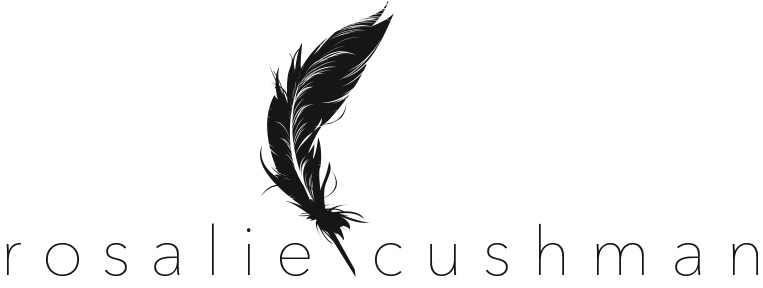Bizarrely, we are on our way to the Caspian Sea with Habib’s brother and his new bride. It seems the family felt so badly after my initiation into Iranian life with my husband doing time in Evin Prison, that they show me some beauty after the ugly visit’s beginnings.
TRANSITIONS
Habib and I are in the backseat, perpetually clutching one another, with Nasser and his bride up front, driving and navigating. As we begin to climb through the foothills of the Alborz Mountains, for the first time in the last six weeks, I begin to really see and appreciate the beauty of the terrain. It slowly becomes wooded, picturesque and quiet, without the cacophony of the smog shrouded capital of Tehran.
We make a brief stop at a park along the way and I begin to feel more of my guts unwinding. A few hours later we’re at a posh resort at the outskirts of Ramsar, nestled a short distance overlooking the Caspian Sea. Once settled in the suite of rooms, Habib and I room around the hotel a bit, giving the bride and groom their privacy. I begin to hear more English speakers, see paler complexions and soon realize this is a haven for American and European expats. It would almost feel incongruous if it wasn’t for the fact that I’ve been starved for my own tribe!
Habib and I walk down to the sea, the beach being calming in its way though surprisingly dirty, the soil a bit dank smelling. It startles me to contemplate that on the opposite shore is Russia. The whole scene feels more foreign than anything I’ve experienced so far, which says a lot about my altering perception of the world at large. How can it be that things become stranger in this place after all that has happened.
THE SUBTLETY OF MALE DOMINANCE
We’ve been at the resort for a few days now and Nasser has decided we’ll try a local cafe away from the hotel. It’s a small place but feels so authentically off-the-beaten-path Persian. There’s a bit of grime in spots along the walls, incongruous against the incredible fragrance of spices and heat. Once we’re settled at the table, I straighten my plate and mismatched utensils. I notice a smudge of what appears to be partially dried egg yolk on the plate. I hand it to Habib and ask him to tell the waiter I need a new one, that this one is dirty. He takes it, telling me it’s not that bad, wipes it with a napkin and gives me his instead. A small shaming but shaming nonetheless. I’m beginning to see my husband through different eyes these days.
After about a week of what feels to be a strange experience, a combination of relaxation and quiet mixed with an odd separateness in the presence of my own husband, we get ready for the trip back to Karaj. The drive back through the mountains is initially uneventful as I watch the beauty of the terrain wiz past us. We’re coming down the other side of the mountain and stop at the same park we briefly visited on our way to Ramsar. After a time, we get back into the car and pull up to the park’s exit. Waiting for traffic to clear, Nasser sits at the highway’s edge, and looks both ways. I assume he sees the car on the left attempting to pass another car that I also see. But, Nasser doesn’t see it. He pulls out and we are broadsided, spinning us to a sideways stop.
THE COST OF KEEPING QUIET
It all happens fast. I realize in a split second had I said something to Nasser about that passing car it likely could have been avoided. Besides the relief of none of us getting seriously hurt other than bumped around a bit, it dawns on me yet again the price of female passivity in a culture that “waits and does not challenge” males. And besides this dawning, holding back my own much more assertive nature, the increasing chasm between myself and Habib continues to grow yet again. How will we ever survive the place? (And what has happened to my husband?)
And not just “we” but “I” — how will I ever survive here? The slow seepage of ever growing suppression of myself is becoming scary for me. It’s an insidious thing, contemplating the diminishment of the self. It creates an actual emotional distance between Habib and I, one he’s clearly unaware of. And how could he be? He’s swallowed up by his own upbringing culturally. As I think this thought I wonder what our future holds, here or anywhere else for that matter. Yes, I am “on my own” and my heart is broken in a new and unfathomable way. And while I am bereft at the thought, I also sense an internal steerage slowly coming into view. A part of me must rely on an unnamed emotional and psychological survival mechanism.
